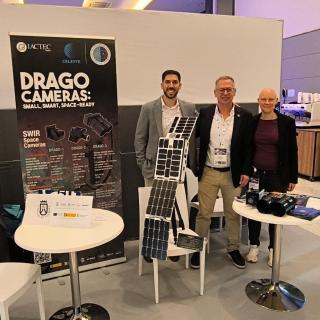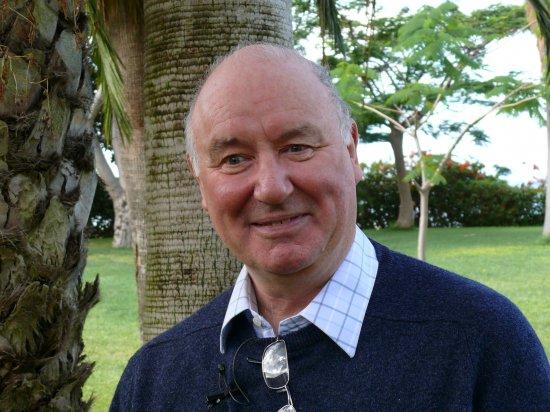It may interest you
-
 El Instituto de Astrofísica de Canarias (IAC) participa en TLP Tenerife 2025 para acercar la ciencia a los jóvenes y fomentar vocacionesAdvertised on
El Instituto de Astrofísica de Canarias (IAC) participa en TLP Tenerife 2025 para acercar la ciencia a los jóvenes y fomentar vocacionesAdvertised on -
 The team from IACTEC Espacio, the department of the Instituto de Astrofísica de Canarias (IAC) dedicated to developing space technology for small satellites, is taking part this week in the Small Satellites & Services International Forum (SSSIF) 2026, held from 17 to 19 February in Málaga. In this seventh edition, the international forum consolidates itself as one of the main meeting points for the small satellite sector, under the motto “Secure Communications & Other Dual Technologies.” IACTEC Espacio is participating as an exhibitor with its own stand, where it presents its mainAdvertised on
The team from IACTEC Espacio, the department of the Instituto de Astrofísica de Canarias (IAC) dedicated to developing space technology for small satellites, is taking part this week in the Small Satellites & Services International Forum (SSSIF) 2026, held from 17 to 19 February in Málaga. In this seventh edition, the international forum consolidates itself as one of the main meeting points for the small satellite sector, under the motto “Secure Communications & Other Dual Technologies.” IACTEC Espacio is participating as an exhibitor with its own stand, where it presents its mainAdvertised on -
 The European Solar Telescope (EST) project has taken a decisive step towards construction with the establishment of the Board of Governmental Representatives (BGR), marking the first formal commitment at the governmental level to this European flagship in solar research. Until now, EST has been driven by a scientific consortium of universities and research institutions across Europe. The creation of the BGR transforms EST into a collaboration among European nations, whose national governments lend political support to the project and to the creation of a future European Solar TelescopeAdvertised on
The European Solar Telescope (EST) project has taken a decisive step towards construction with the establishment of the Board of Governmental Representatives (BGR), marking the first formal commitment at the governmental level to this European flagship in solar research. Until now, EST has been driven by a scientific consortium of universities and research institutions across Europe. The creation of the BGR transforms EST into a collaboration among European nations, whose national governments lend political support to the project and to the creation of a future European Solar TelescopeAdvertised on
